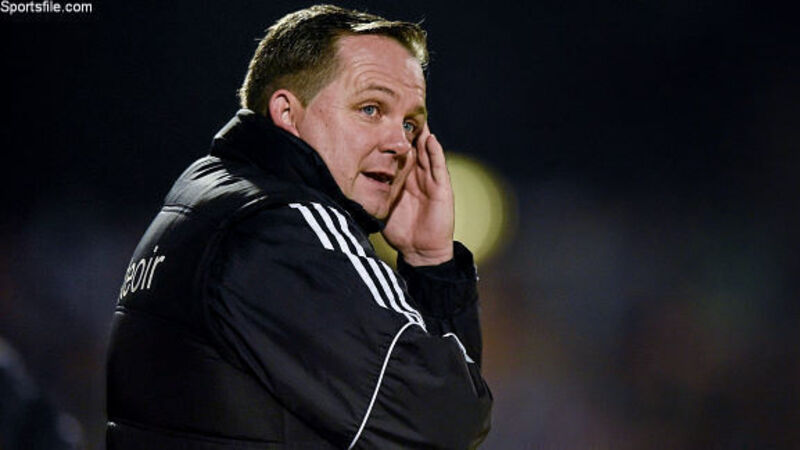Leader Brendan Cummins destined to go down Donal Óg Cusack and Davy Fitzgerald route

Where once they were coached by just the one ferociously-driven former goalkeeper, now they’ve a second. In Brendan Cummins’ new book ‘Standing My Ground’, the former Tipperary netminder tells of a former selector not feeling adequately self-assured in addressing for the first time a room of All-Ireland winners and high achievers. You can take it, just like Davy Fitzgerald before him, Cusack held or radiated no such fears on that score.
It is surely only a matter of time before Cummins himself joins that extraordinary trinity of Munster goalkeepers into management and walking to the top of another room with designs of winning more Liam MacCarthy Cups. Already he has set about serving an apprenticeship, as a goalkeeping coach and advisor this past season to the Kerry hurlers and Cheddar Plunkett’s Laois project. In the foreword of ‘Standing My Ground’, Liam Sheedy predicts that Cummins will make an outstanding manager. Anyone who reads the rest of Cummins’ book will be in no doubt as to why.









